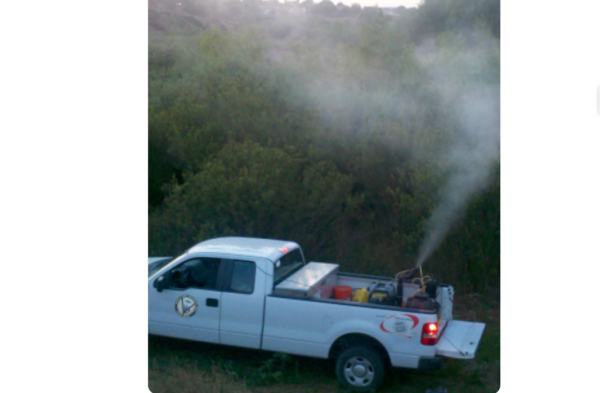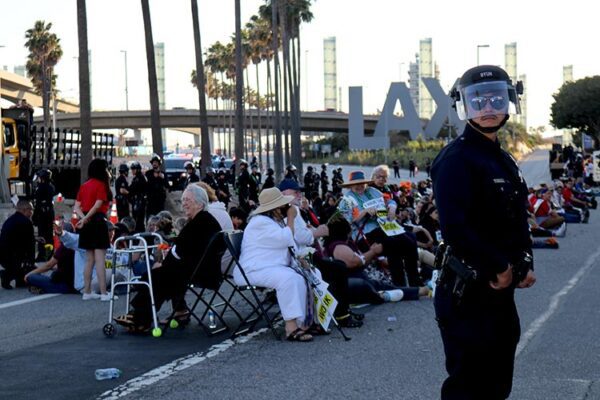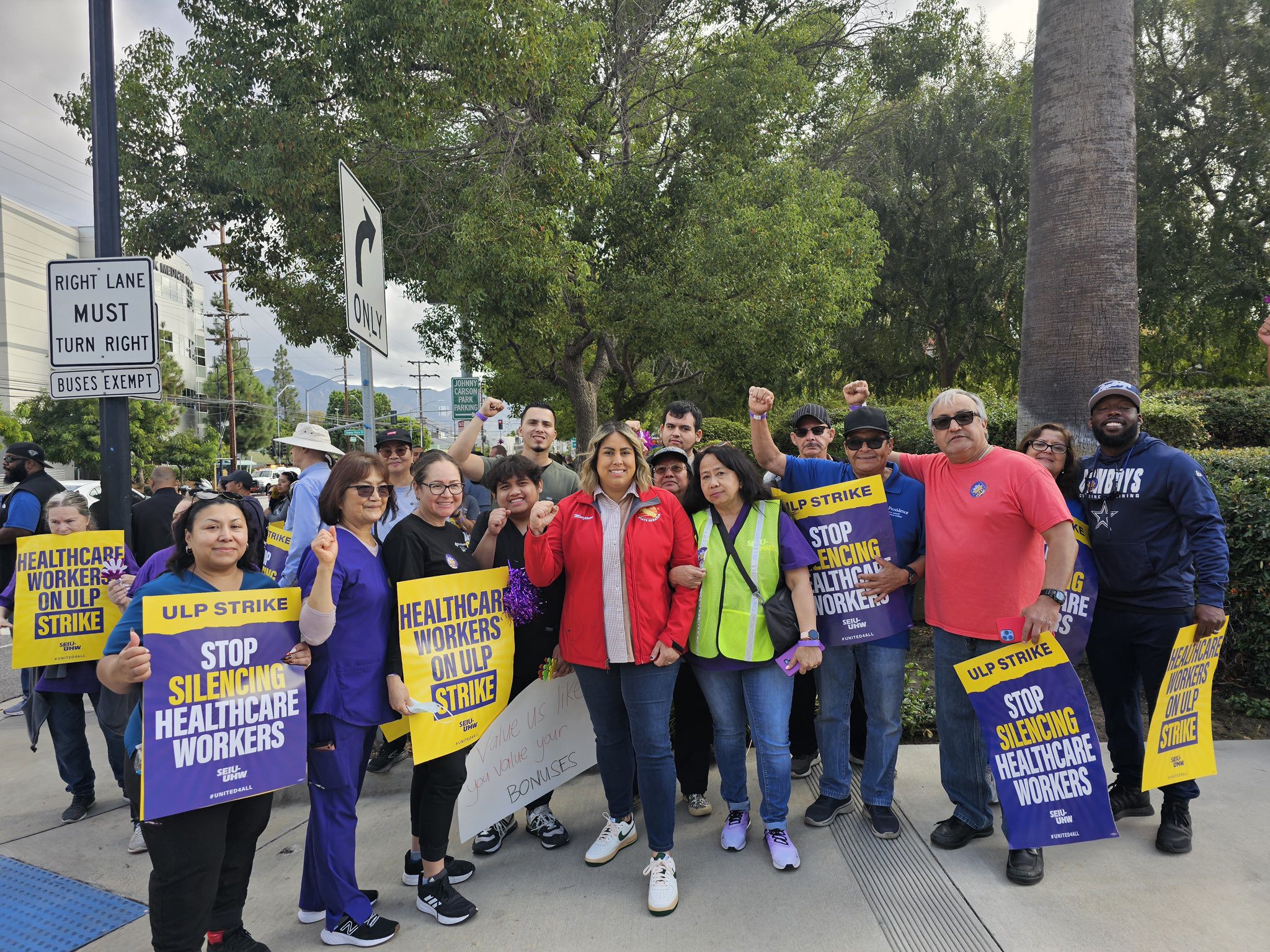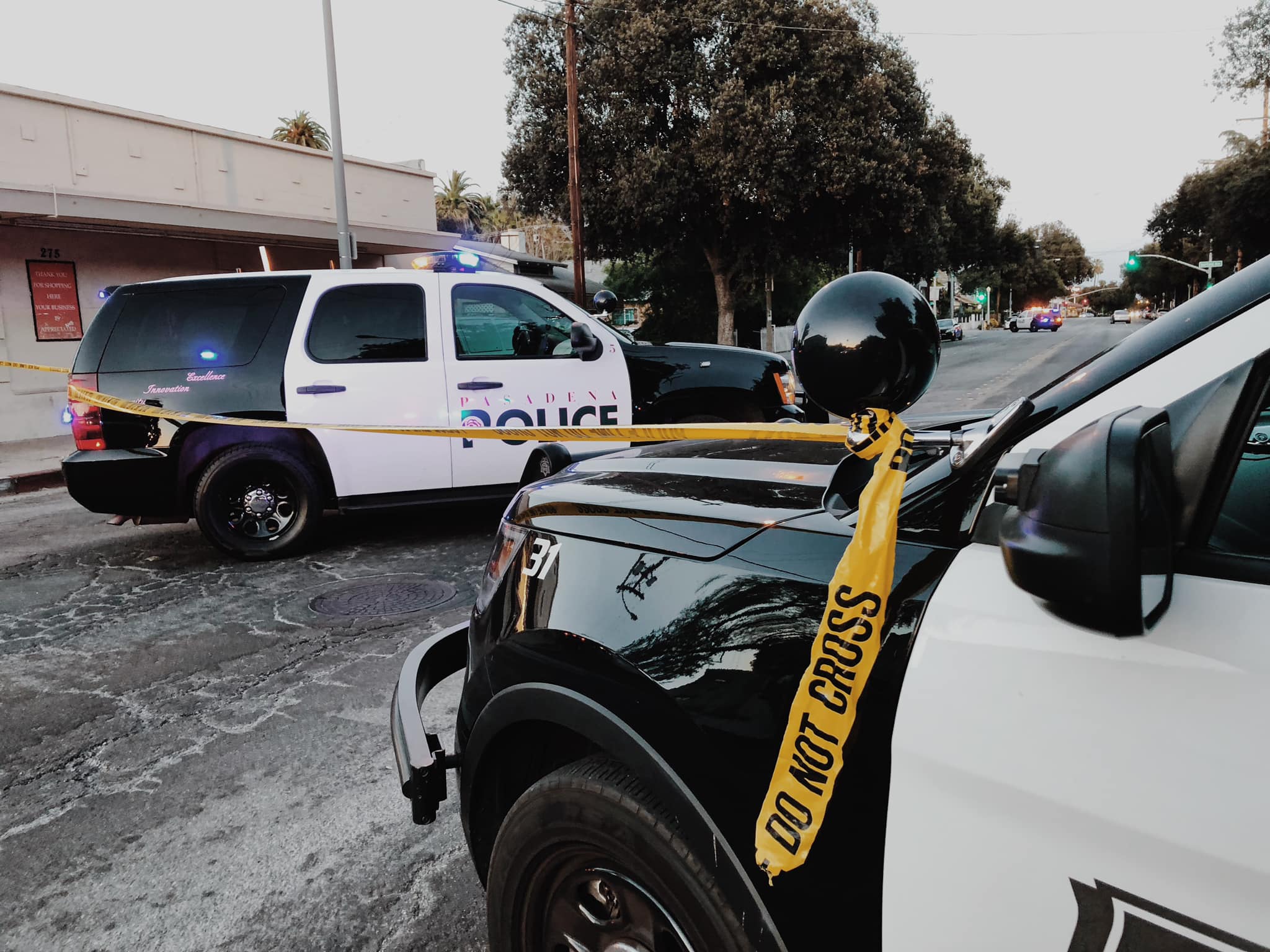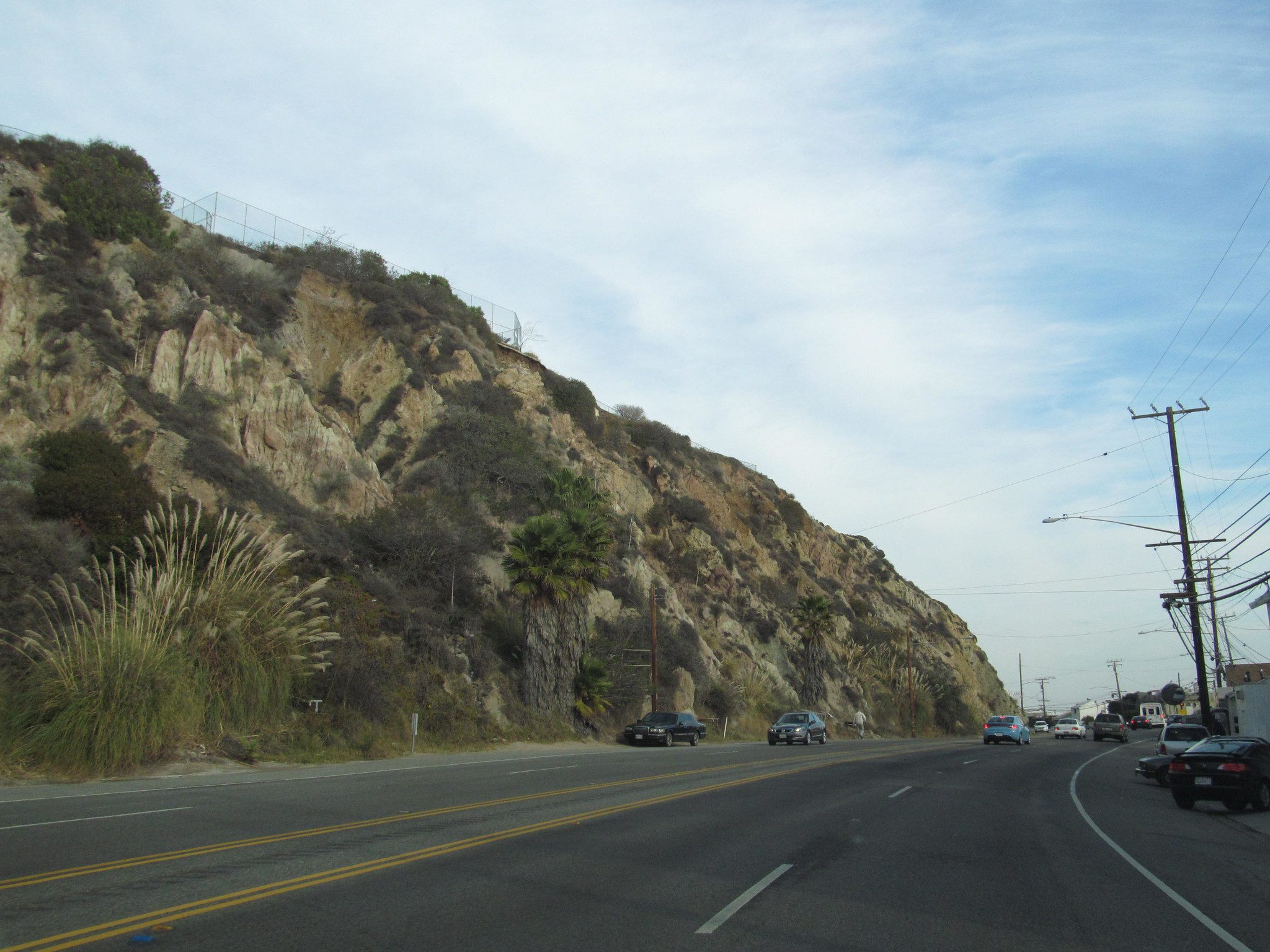Riverside County vector control officials will conduct anti-mosquito spraying in two areas of Moreno Valley next week to eradicate growing infestations that pose a potential risk to public health.
The Department of Environmental Health has scheduled “ultra-low volume” insecticide spraying between 4 and 7 a.m. Tuesday and during the same hours Wednesday.
The first operation, on Tuesday, will cover a 363-acre space bordered by Cactus Avenue to the north, Iris Avenue to the south, Moreno Beach Drive to the east and Nason Street to the west.
The second operation, on Wednesday, will encompass 402 acres, bordered by Parkland Avenue to the north, Rowe Drive to the south, Pigeon Pass to the west and Heacock Street to the east.
According to Department of Environmental Health Deputy Director Kristin Lorge, mosquitoes that were recently netted in both planned spray zone locations tested positive for West Nile virus, raising concerns about the potential for it to be transmitted.
Anti-mosquito spraying involves the use of chemicals approved by the U.S. Environmental Protection Agency. Pesticides are emitted as a mist dispersed from machines anchored in the backs of pickup trucks. Lorge recommended that during operations, residents stay indoors and keep windows closed until at least 15 minutes after the trucks have departed.
Twelve human WNV infections have been documented in Riverside County so far this year. Statewide, there have been 271 confirmed infections, resulting in nine fatalities, according to the California Department of Public Health.
In 2020, there were 10 confirmed human cases in Riverside County, and three in 2021, according to the Emergency Management Department. No cases were documented in 2022.
Mosquitoes typically become carriers of the virus after feeding on an infected bird and can then spread the potentially lethal strain to animals and humans. Those at greatest risk include seniors and individuals with compromised immune systems.
Symptoms may never materialize, but can include fever, headache, nausea, body aches, skin rashes and swollen lymph nodes.
Mosquito season in Southern California generally spans May to October. To reduce exposure to mosquitoes with WNV, residents were reminded to:
- spend as little time as possible outdoors at dawn or dusk, when mosquitoes are generally on the move;
- wear long pants and long-sleeved shirts during outdoor activity in mosquito-prone areas;
- use insect repellent;
- ensure door and window screens are fitted properly to keep bugs out; and
- get rid of standing water, aside from pools properly treated with chemicals.
Anyone with concerns should contact the Department of Environmental Health at 951-766-9454.

